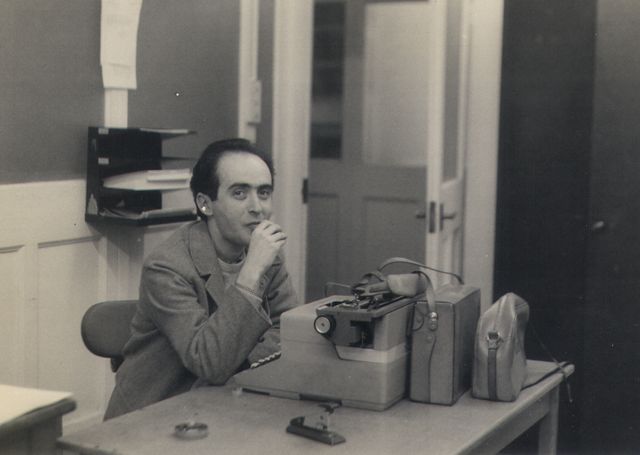- About
- Topics
- Story
- In-Depth
- Picks
- Opinion
- News
- Donate
- Signup for our newsletterOur Editors' Best Picks.Send
Read, Debate: Engage.
For two consecutive weeks, Brazil has captured global headlines for two very distinct events: on 1 January, for the peaceful inauguration of the democratically-elected president Luiz Inácio Lula da Silva; the following Sunday, for the barbaric invasion of the nation’s Congress, Supreme Court and presidential palace, followed by the criminal plundering of windows, furniture, invaluable artwork, historic objects and documents. The terrorist attacks perpetrated by the most extremist supporters of former-president Jair Bolsonaro were naturally compared to the January 6th invasion of the Capitol in the US.
National and international institutions and public figures reprehended the insurrection carried out in Brasilia, including Amnesty International, the United Nations' Brazilian offices, as well as the UN Secretary General António Guterres and presidents from several nations, including US president Joe Biden.
The authorities have taken several measures to restore order, including the temporary suspension of the governor of the Distrito Federal - the state in which Brasilia is located - and the due investigation of all people involved both in the acts themselves and behind the scenes. In addition, Bolsonaro's situation has now become even more complicated: added to a list of reasons which could potentially lead him to prison, recent criminal events increase his chances of being charged, therefore losing political rights, analysts say; he may be extradited from the US at any time.
Brazil is unfortunately not the only Latin American nation experiencing days of violence and unrest. Bolivia has also witnessed scenes of chaos since December: truckers have been blocking roads after a right-wing politician, Luis Camacho, was arrested facing charges of terrorism in 2019, following the expulsion of Evo Morales. The similarities to Brazil’s trucker protest following the October elections may not be just a coincidence.
In Peru, protests continue. Nearly two dozen people have already died since Pedro Castillo's attempt to close the Congress was stopped and Vice President Dina Boluarte assumed the presidency following his arrest. Nonetheless, crowds continue to take to the streets to ask for Boluarte's resignation and immediate elections raising alarms of possible new conflicts with the police.
Meanwhile, Colombian president Gustavo Petro continues to face profound difficulties in establishing a real, long-lasting ceasefire with guerrillas groups such as ELN (National Liberation Army), postponing his plans of peace for the country.
As 2023 starts with unprecedented attacks on democracy in Brazil, violent disturbances in Bolivia, an unrecognised leader in Peru, a continued guerrilla war, added to a few important political events expected for the next months, Latin America is likely to face another politically challenging year.
Crises, such as those aforementioned, usually affect the general population, either by putting citizens’ lives directly at risk or by distracting the efforts in advancing human rights and sustainable development. It is up to all of us to demand and ensure that peace is restored as soon as possible to the region so that the issues which really matter may become political priorities.
Photo by Rogério S.
